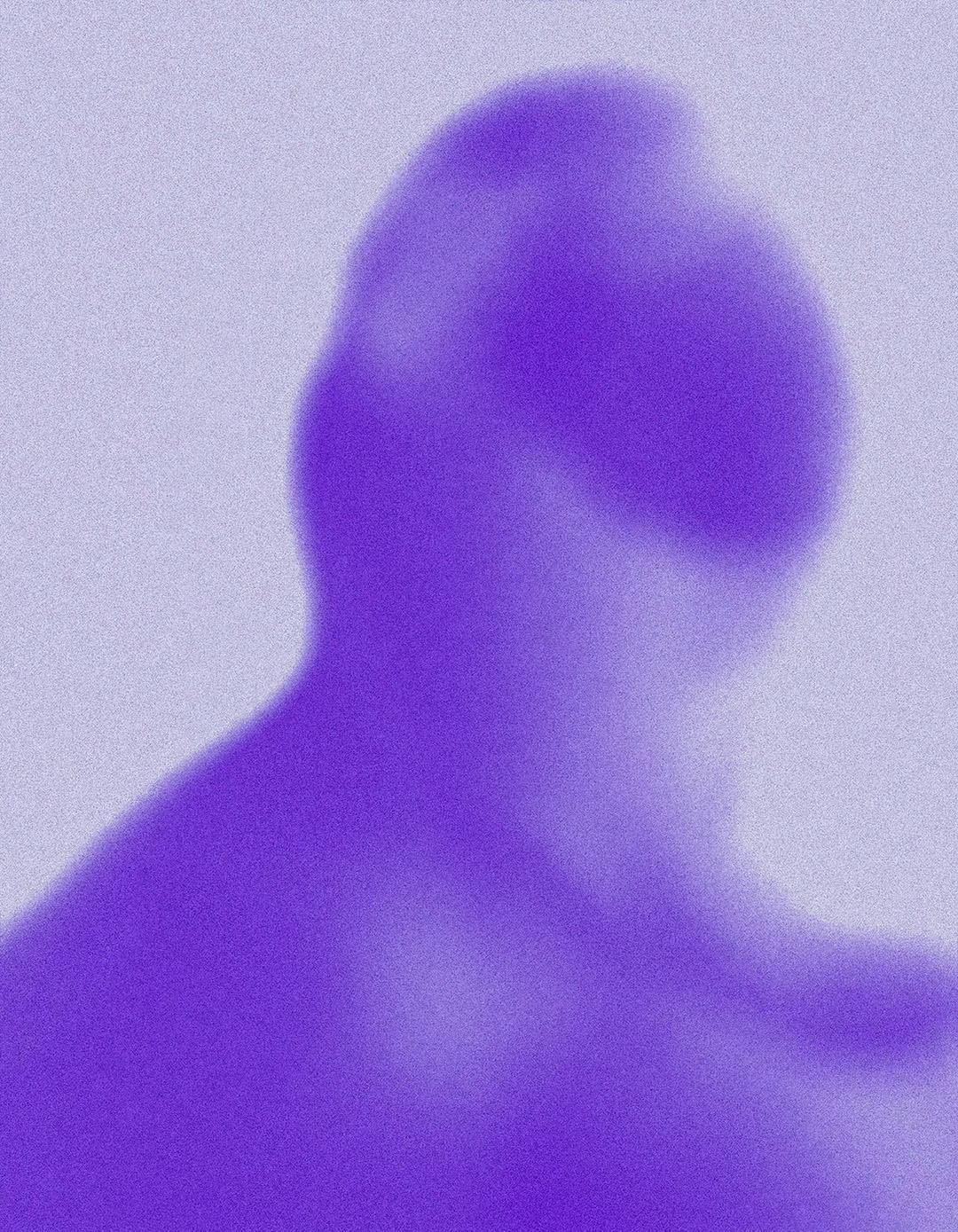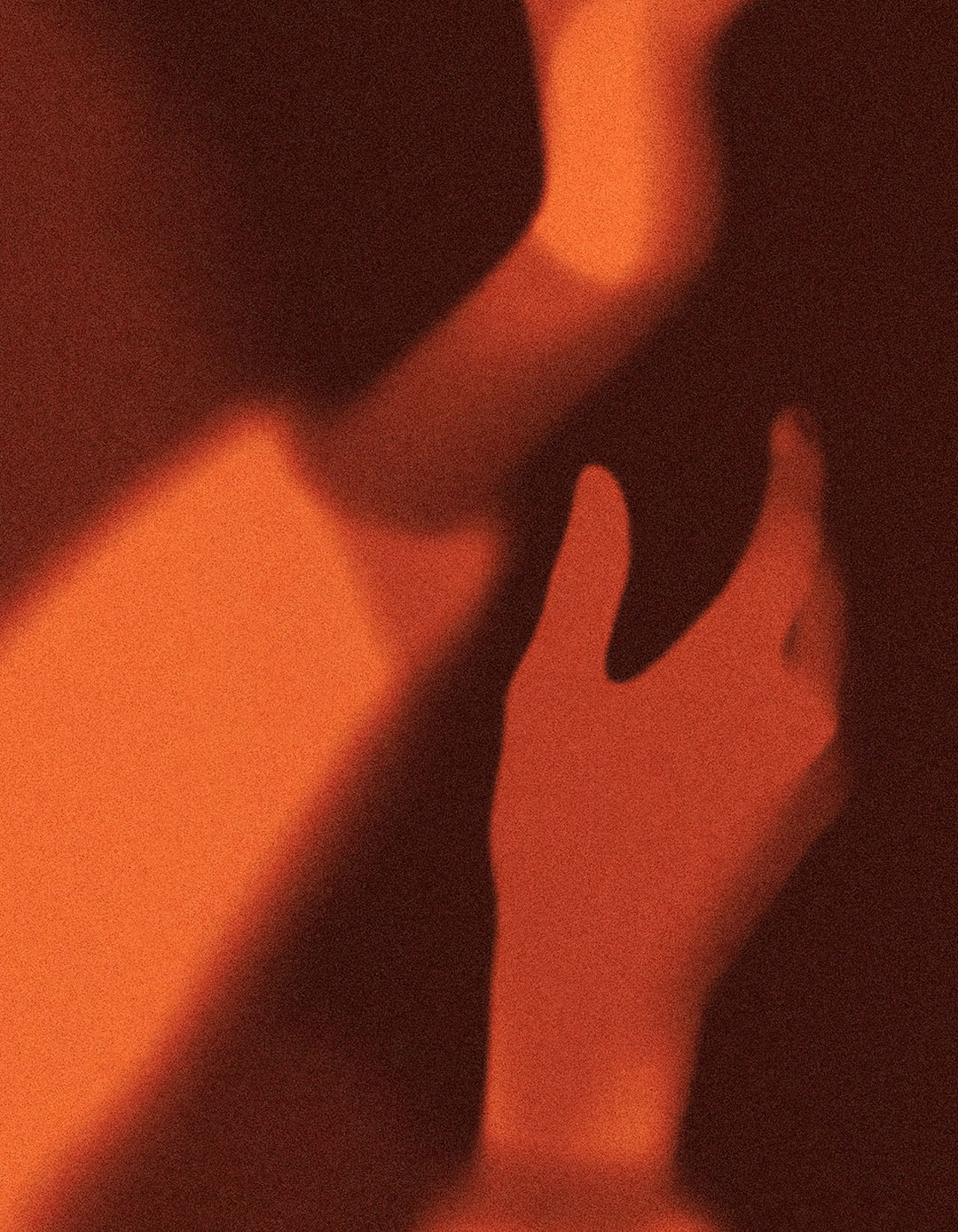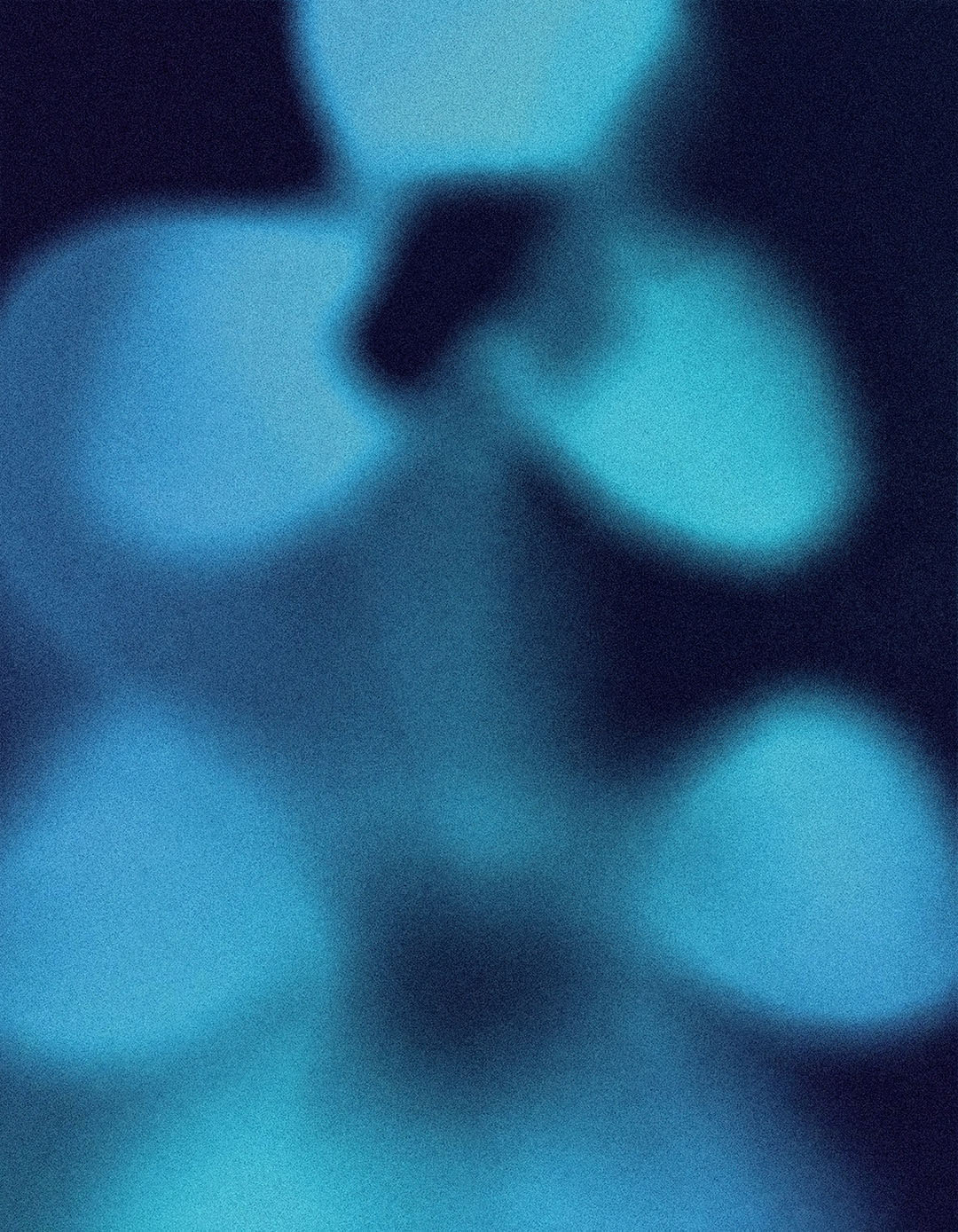This panel examines the role of artistic creation as a form of active resistance against structural violence, authoritarianism, and persistent inequalities. The practices presented take place in contexts shaped by conflict —social, political, and territorial— and explore how art can become a tool for protest, care, memory, and transformation. Here, a culture of peace is not framed as an abstract ideal or a perfect state, but as a daily, situated, and often contested practice. Far from neutral, the initiatives highlighted in these experiences treat art as a language capable of exposing injustice while also creating spaces of refuge, forging alliances, and fostering collective healing.


